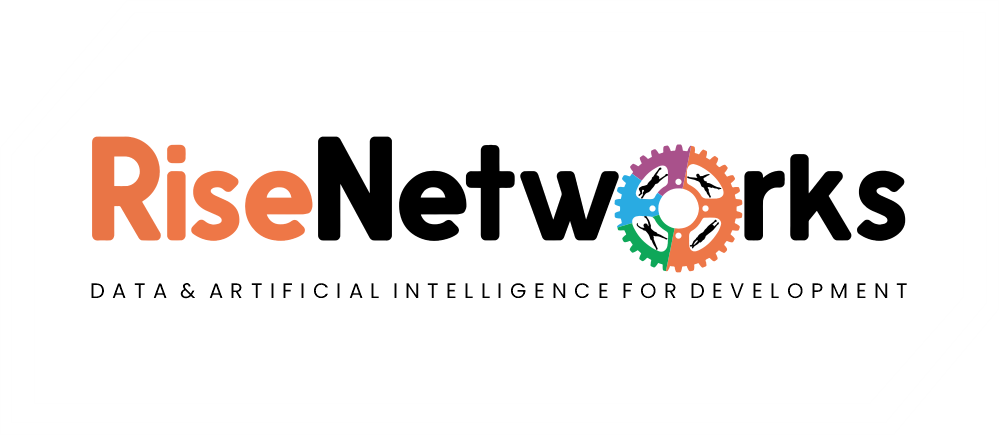With thousands of options available, choosing a career path can be really confusing. However, if you have an analytical mindset and love decoding data to narrate a story, you might want to consider a career as a Data Analyst or Data Scientist. A 2017 study by Forbes predicts that “…by 2020, the number of data science and analytics job listings is projected to grow by nearly 364,000 listings to approximately 2,720,000.” From this report, we can denote that Data science and analytics (DSA) jobs are in high demand. Although both fields are valuable especially in today’s data-driven world, they play to different strengths and offer diverse career trajectories, which is why you need to be well informed before launching a career in either field.
What Does A Data Scientist Do?
A data scientist’s primary duty is to collect and analyze data, garner actionable insights, and share those insights with their company. More often than not, data scientists know how to build algorithms, find patterns, design experiments, and share the results of the data with team members in an easily digestible format.
What Does A Data Analyst Do?
A data analyst focuses more on organizing data to identify trends, curate meaningful insights, and communicate the implications of the collected data with their company. They also sift through data and provide reports and visualizations to explain what insights the data is hiding for the benefit of their organization.
Both data scientists and data analysts focus on analyzing data, regardless, there is a striking difference between the two. While a data scientist focuses on how to best obtain and use data, a data analyst mines existing data to interpret it and present findings based on the specific business needs of their organization. In plain terms, the data scientist will build a model to acquire the data while the data analyst will determine what data is needed for and how to present the findings.
Skills And Requirements Needed To Be A Data Scientist
- Experience in statistical and data mining techniques, including generalized linear model/regression, random forest, boosting, trees, text mining, social network analysis
- Knowledge of machine learning techniques such as clustering, decision tree learning, and artificial neural networks
- Master’s or Ph.D. in statistics, mathematics, or computer science
- Experience using statistical computer languages such as R, Python, SQL, etc.
- Experience using web services: Redshift, S3, Spark, DigitalOcean, etc.
- Experience working with and creating data architectures
- Knowledge of advanced statistical techniques and concepts, including regression, properties of distributions, and statistical tests
- Experience visualizing/presenting data for stakeholders using: Periscope, Business Objects, D3, ggplot, etc.
Skills And Requirements Needed To Be A Data Analyst
- A strong combination of analytical skills, intellectual curiosity, and reporting acumen
- Database management & reporting
- Degree in mathematics, statistics, or business, with an analytics focus
- Experience working with languages such as SQL/CQL, R, Python
- A solid understanding of data mining techniques, emerging technologies (MapReduce, Spark, large-scale data frameworks, machine learning, neural networks) and a proactive approach, with an ability to manage multiple priorities simultaneously
- Familiarity with agile development methodology
- Exceptional facility with Excel and Office
- Strong written and verbal communication skills
- Data Modelling and statistical analysis
In an article by Northeastern University, in order to determine whether a career path in data science or data analytics is best aligned for you, the following must be put into consideration.
- Consider your personal background: When considering which career path is right for you, it is important to review your personal background which could be your professional or educational requirements. Pursuing a graduate degree will help to kickstart your career as a data scientist, this is because data science is more technical and mathematical than data analysis. However, for a data analysts, you might also want to check your analytical skills combined with your undergraduate degree in a science, technology, engineering, or math (STEM) course.
- Consider your interests: Matching your career choice with personal interests encourages longevity and fulfillment in any given career. Are you excited by numbers and statistics, or do your passions extend into computer science and business? Data scientists are required to have a blend of math, statistics, and computer science, as well as an interest in—and knowledge of—the business world. While data analysts who love statistics and programming are gatekeepers for their organization’s data, and work almost exclusively in databases to uncover data points from complex and often disparate sources.
- Consider your desired salary: According to Robert Half Technology (RHT)’s 2020 Salary Guide, data scientists earn an average annual salary between $105,750 and $180,250 per year, whereas, data analysts have an earning potential of between $83,750 and $142,500. With many opportunities for growth and advancement, understanding your desired remuneration at different life stages can help give you clarity on either attempting a career in data science or data analytics.
Other Careers Available As A Data Scientist
- Data Engineer
- Machine Learning Scientists
- Machine Learning Engineer
- Infrastructure Architect
Other Careers Available As A Data Analyst
- Statistician
- Data Analytics Consultant
- Business Intelligence (BI) Developer
- Data Architect
Now that you have a firm understanding of data science and data analytics, and can identify what each career entails, you can thoughtfully evaluate which career path is the right fit for you.

